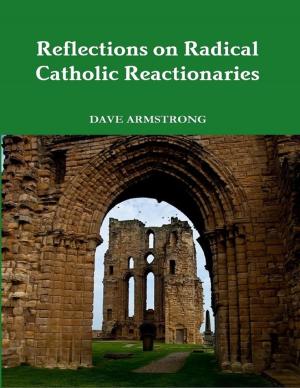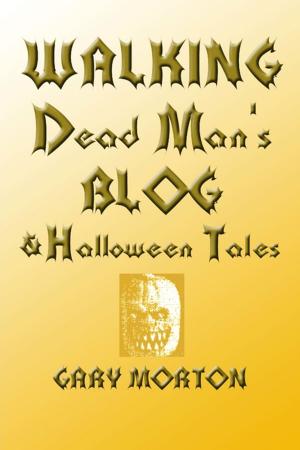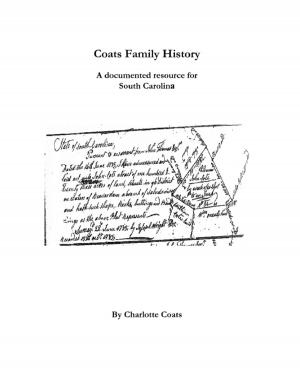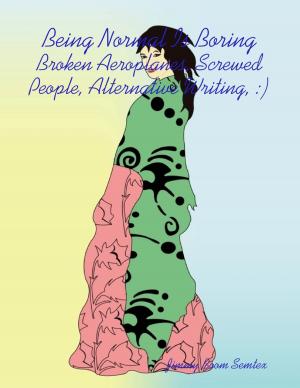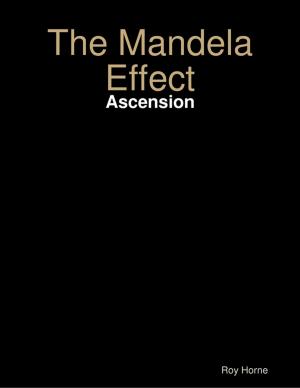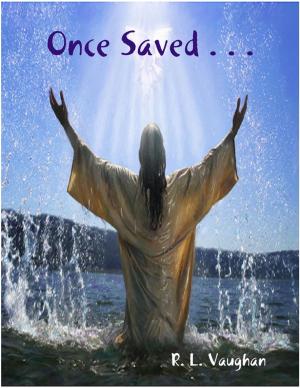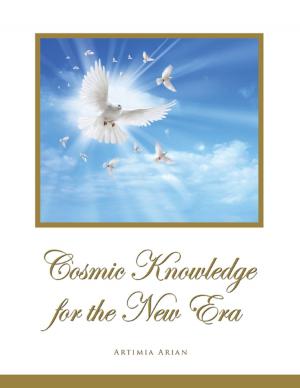A Biblical Critique of Calvinism
Nonfiction, Religion & Spirituality, Christianity, General Christianity| Author: | Dave Armstrong | ISBN: | 9781300334446 |
| Publisher: | Lulu.com | Publication: | March 14, 2013 |
| Imprint: | Lulu.com | Language: | English |
| Author: | Dave Armstrong |
| ISBN: | 9781300334446 |
| Publisher: | Lulu.com |
| Publication: | March 14, 2013 |
| Imprint: | Lulu.com |
| Language: | English |
In this volume I reply to biblical arguments from John Calvin in Books I-III of his "Institutes of the Christian Religion," in instances where he takes a position that is contrary to Catholic theology. Taking on John Calvin’s exegetical arguments in this fashion will, it is hoped, demonstrate the persistent fallacies and falsehoods (from the Catholic perspective) that are frequently found in his writing, and illustrate at least some ways to refute and overcome them. Catholics regard Calvinists and other Protestants as brethren in Christ, and rejoice over the many important beliefs that we hold in common. At the same time, the Catholic apologist’s task is to answer objections to Catholicism that arise in these quarters, and to present what we feel are superior alternative opinions. I use the public domain translation of the "Institutes" by Henry Beveridge (Calvin Translation Society, 1845, from the 1559 Latin edition). The book includes an "Appendix of Areas of Calvinist-Catholic Agreement."
In this volume I reply to biblical arguments from John Calvin in Books I-III of his "Institutes of the Christian Religion," in instances where he takes a position that is contrary to Catholic theology. Taking on John Calvin’s exegetical arguments in this fashion will, it is hoped, demonstrate the persistent fallacies and falsehoods (from the Catholic perspective) that are frequently found in his writing, and illustrate at least some ways to refute and overcome them. Catholics regard Calvinists and other Protestants as brethren in Christ, and rejoice over the many important beliefs that we hold in common. At the same time, the Catholic apologist’s task is to answer objections to Catholicism that arise in these quarters, and to present what we feel are superior alternative opinions. I use the public domain translation of the "Institutes" by Henry Beveridge (Calvin Translation Society, 1845, from the 1559 Latin edition). The book includes an "Appendix of Areas of Calvinist-Catholic Agreement."




